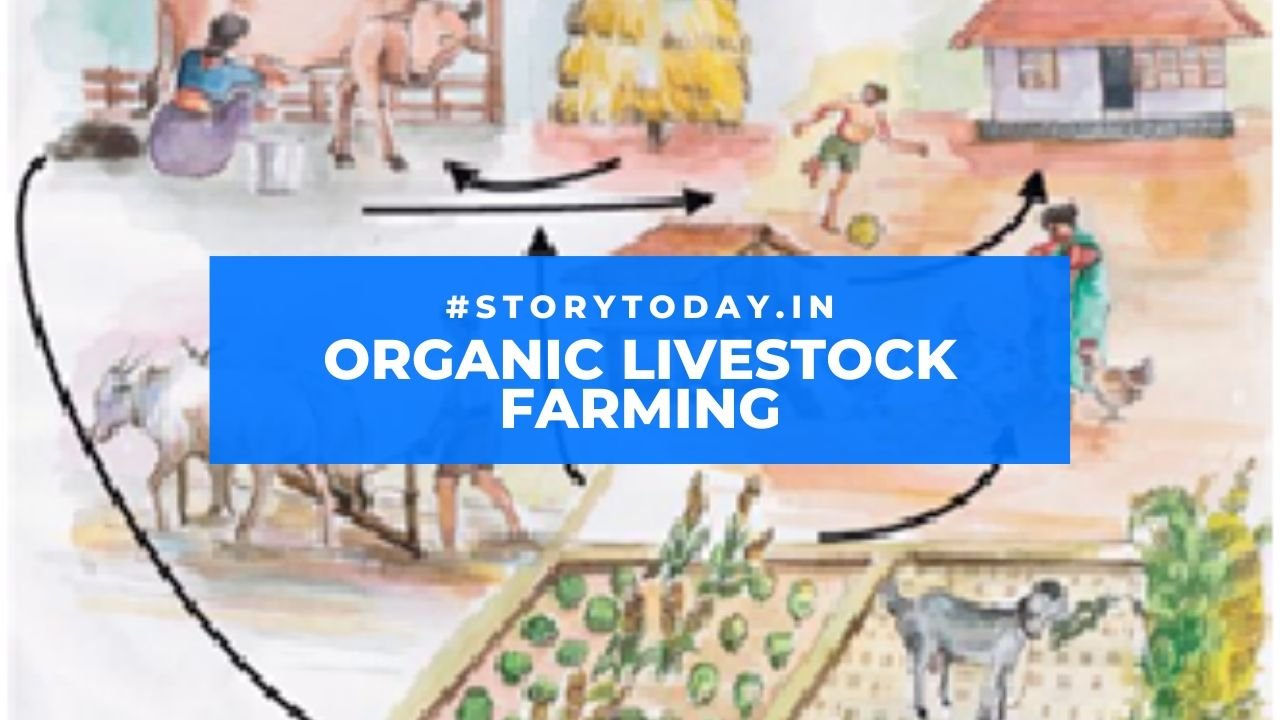Assam boasts a diverse and rich flora and fauna, flourishing within its lush landscapes. This vibrant ecosystem supports a bountiful food generation system. The region’s fertile soil and ample water resources contribute to the cultivation of rice, tea, and a variety of fruits. Assam’s biodiverse environment also provides a habitat for unique wildlife, including the one-horned rhinoceros, elephants, and various bird species. This harmonious interplay between nature and agriculture not only sustains the local populace but also contributes to the state’s cultural and ecological heritage.
However, naturally blessed region like Assam is also suffering from improper municipal solid waste management system. As a result of this in comparison to developed regions of India, individuals residing in developing regions like Assam, particularly those in impoverished urban areas, bear a more profound brunt of poorly regulated waste practices. The world municipal solid waste production is approximately 1300 million tons per year and it is estimated that, in 2025, the production will rise to 2200 million tons per year with approximately 46% organic contents. In North-East area MSW generation is rising at the rate of 3% annually (Ministry of New and Renewable Energy Government of India, 2017-2018), Out of which 1124 tons per day MSW generated in Assam (Assam Urban Solid Waste Management Policy Report, 2018). However, there is a silver lining to this story, the Honourable Prime Minister launched the Swachh Bharat mission in 2014 with the aim to make our cities garbage free.
At present, incineration technology stands out as a prevalent approach for managing municipal solid waste (MSW). However, this method contributes to air pollution through the emission of polychlorinated compounds, SOx, NOx, and CO2. Moreover, rainfall in the vicinity of MSW landfills leads to the contamination of groundwater sources, resulting in significant impacts on aquatic ecosystems. In this low-income region, a significant proportion, often exceeding 90 percent, of waste is disposed off in uncontrolled landfills or openly incinerated. The adverse repercussions of these unsystematic methods on health, safety, and the environment are already manifesting. Furthermore, inadequate waste management provides a fertile environment for disease vectors, contributes to methane generation and consequent global climate change, and contributes to a surge in urban anthropogenic violence.
As per government of Assam, according to the Solid Waste Management Rules, 2016, all the ULBs (Urban local bodies) are responsible for the solid waste management activities within their respective jurisdiction. So, different region of Assam is bound to implement the norms as set by Government of Assam regarding the safe disposal of municipal solid waste. However, sad part is that the actual waste generation and management is far from reality. Therefore, proper collection, segregation and storage of MSW is one of the prime factors that determines the effectiveness of energy (biogas/bio-CNG) generating process. Most of the people tried to utilise these organic fractions of MSW (OFMSW) towards composting, which is very less in respect to MSW generation. It is being observed that due to several reasons including individual/government support, interest towards generation of biogas/bio-CNG from these MSW has not grown up as compared to other parts of India.
Anaerobic digestion (AD) has the ability to transform organic matter into two valuable outcomes: firstly, it generates energy-rich biogas- a renewable fuel suitable for electricity generation, heat production, or as an alternative to natural gas and transportation fuel; secondly, it produces nutrient-rich digestate (solid and liquid), which can be directly applied for boiler industries (as briquettes and pellet) or agricultural practices. While many state are leading the bio-CNG sector, state like Gujarat, Maharashtra are among top of having functional plants from different feedstock, Assam is still looking for it’s first ever bio-CNG plant. The potential for biogas derived from municipal solid waste is estimated at approximately 6.09 million m3/day, equivalent to 2386.7 TPD of CBG (compressed biogas). Energy reports indicates that shows that Maharashtra stands out with the highest potential, projecting 430.6 TPD (about 18.04%), closely followed by Tamil Nadu at 258.8 TPD (around 10.8%). The data indicates considerable disparity in CBG potential across states. Maharashtra leads with the greatest capacity at 692.42 TPD, trailed by Tamil Nadu and Uttar Pradesh at 403.31 TPD and 378.28 TPD, respectively. Among the northeastern states, Assam showcases the highest potential at 36.4 TPD, while Sikkim presents the lowest at 2.17 TPD.
In India, the production of Bio-CNG through extensive Anaerobic Digestion (AD) facilities is projected at around 84.76 Tons Per Day (TPD). Notably, Gujarat leads this output with 28.39 TPD, closely trailed by Maharashtra with 27.72 TPD. Conversely, the northeastern region including Assam, lacks any operational bio-CNG production units. In the realm of research and development, understanding the attributes and makeup of organic fraction of municipal solid waste (OFMSW) holds paramount significance in harnessing energy through biological methodologies. These attributes will influence over the resultant digestate quality. Furthermore, the intricate blend of physical and chemical variations presents challenges in precisely characterizing OFMSW.
The prevailing utilization rate of bio-CNG throughout India stands at 2.12%. While the potential of biogas derived from municipal solid waste is substantial, there exist numerous challenges to address. Urban waste management typically falls under municipal jurisdiction; however, financial constraints and limited technical expertise often impede progress. Consequently, the involvement of the private sector (like Gruner Renewable Energy Pvt. Ltd.; Noida, UP) becomes crucial for the advancement of biogas technology within organic treatment facilities. The lack of private sector participation in urban biogas initiatives is recognized as a significant area of concern.
Hence, the need to elevate the standards of solid waste management has gained prominence, especially within the rapidly growing urban areas of economically disadvantaged regions. The success of enhanced management and recycling of municipal solid waste in reducing greenhouse gas emissions and subsequently harnessing green energy like biogas/bio-CNG, now relies on collective engagement from all segments of a city’s population, including community organizations, effective government policy and support and more importantly involvement of private sector in establishing bio-CNG plants and those on the fringes. This shift signifies a departure from the traditional approach of simply disposing of municipal solid waste, ushering in a fresh era of environmentally friendly clean energy biogas/bio-CNG, characterized by sustainable waste management practices.
Author:
1.Anjali Sharma, Senior Analyst, Gruner Renewable Energy Pvt. Ltd.
2.Dr. Rajesh Kumar Prasad, Assistant Manager-R&D, Gruner Renewable Energy Pvt. Ltd.
3.Nilesh Das, Manager, Gruner Renewable Energy Pvt. Ltd




